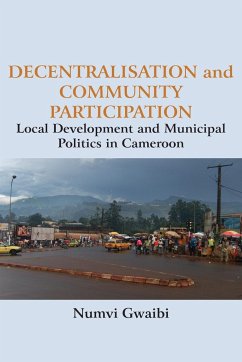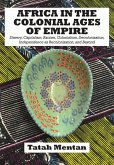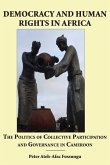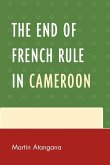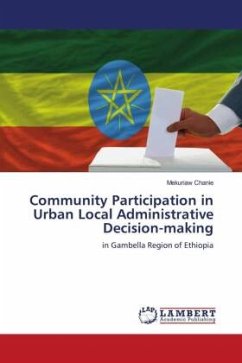This book explores how policies of decentralisation and community participation adopted in Cameroon in 1996 have played out on the ground since 2004. These reforms were carried out amid economic crisis, structural adjustment and political upheaval. At the time, popular sentiment was that change on the economic and political fronts was imperative. However, the ruling elite, some of whom had been shuttling around the state apparatus since independence, feared that succumbing to popular demands for change was tantamount to political suicide, as was the case elsewhere on the continent. These elites thwarted opposition demands for a 'sovereign' national conference to discuss constitutional reform. The Francophone-dominated elite fiercely objected to Anglophone demands for the restoration of the Federal state that was dissolved in 1972. Instead, decentralisation was presented as an authentic forum for grassroots autonomy and municipal councils as credible arenas for community participation in local development. This study adopts an interdisciplinary approach to unearth the permutations of decentralisation and community participation in Cameroon. It explores how local actors have responded to the implementation of state policy of decentralisation. Further, it documents how local issues observed in Bali in the North West Region and Mbankomo in the Central Region of Cameroon impact and are impacted by national policies and processes.
Hinweis: Dieser Artikel kann nur an eine deutsche Lieferadresse ausgeliefert werden.
Hinweis: Dieser Artikel kann nur an eine deutsche Lieferadresse ausgeliefert werden.

